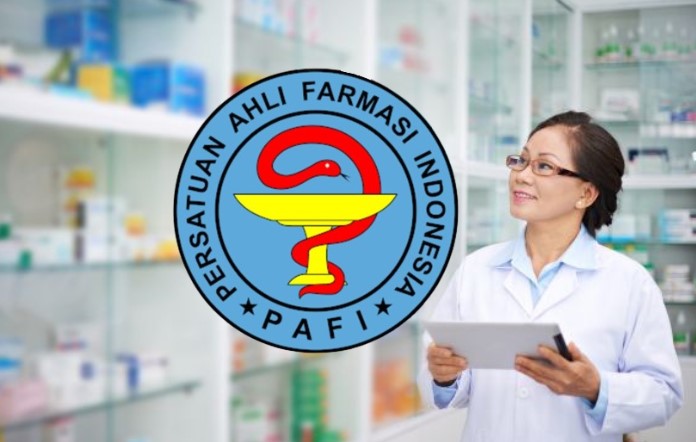ChatGPT’s Potential To Reshape The Financial Services Landscape

ChatGPT and OpenAI will revolution economic expert services
The remarkably anticipated launch of GPT-4, the most up-to-date iteration of OpenAI’s groundbreaking language design, has sent ripples of enjoyment during the banking and fintech market. As ChatGPT’s abilities increase, the common roles of personalized finance management and economical advisors may well quickly turn out to be out of date, paving the way for a new era of tailored and smart fiscal options.
The most up-to-date release of GTP-4 reveals how fast ChatGPT is evolving. Marketplace giants like Microsoft
MSFT
Consumer Expectations: The New Standard
Huge tech players like Amazon
AMZN
The Demise of Fundamental Particular and Small business Finance Management Apps
Whilst unavailable in this iteration, there is no rationale to feel that ChatGPT and open banking can’t go hand in hand to offer hyper-personalization. In individual, the opportunity to procedure and evaluate particular economical facts securely and in authentic-time, many thanks to open banking, can render regular private finance management (PFM) and organization finance administration (BFM) applications out of date. ChatGPT could separately outperform every single discounts or PFM / BPM application on the industry by providing really personalized suggestions for price tag-cutting or optimum utilization of reserve funds. Organizations that harness ChatGPT in their economic management experiences would obtain an immediate aggressive advantage.
ChatGPT-4 presents guidance for curbing expenditures for young professionals in the Bay Spot.
Economic Advisors: A Function in Jeopardy
As we move further than GPT-4 , the prospect of it supplanting human fiscal advisors grows increasingly likely. Though it at present cannot supply economical or tax suggestions, envisioning a long run where AI-driven technological know-how revolutionizes traditional economical advisors’ position is not always much-fetched.
For instance, AI-run robo-advisors may well develop into even extra innovative, giving individualized, knowledge-driven investment recommendations primarily based on a user’s money goals, hazard tolerance, and time horizon. Picture the pursuing scenario:
- A consumer uploads their regular bank statement or presents authentic-time entry via open banking.
- They convey to ChatGPT in a straightforward way (believe no countless varieties and fields to fill out) their retirement, financial savings and household ambitions for their funds.
- ChatGPTs deliver a robo-advisory like support. Shipped in real time, pushed by true-time, personalised knowledge, and in a way that feels just about like a human.
Now, economical information for HWNI’s with ChatGPT is rudimentary.
The increase of AI like GPT-4 highlights the electric power of large information and its possible to renovate the banking business. Alessandro Hatami, founder of Pacemakers.io and Author, implies that “the crucial to GPT’s affect on banking lies in mass hyper-personalization and a new amount of company generally reserved for substantial-net-well worth folks. Combining GPT technological innovation with upcoming-gen core banking, BaaS, and open up banking could present daily people with virtual relationship managers akin to individuals that millionaires and billionaires count on.”
The GPT-ification of Banking
As the dawn of the GPT era looms, retail financial institutions, business banking companies, private banking institutions, and fintechs are offered with a as soon as in a era opportunity. The hyper-personalization inherent in ChatGPTs abilities holds the possible to change the money companies landscape radically, placing a new typical for shopper working experience and engagement. It could also help tens of millions improved control their economic lives.
The query stays whether or not the banking field will adapt quickly ample to harness the complete prospective of GPT-4 and beyond or if it will be still left at the rear of in the AI revolution. For these who seize the moment and include AI-driven hyper-personalization, the rewards are vast, paving the way for a new era for hypepersonlization of fiscal management and letting impressive businesses to make and monetize up coming-generation, info-pushed items, and products and services.





